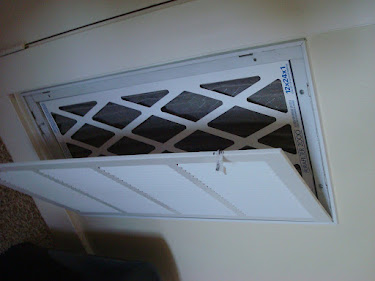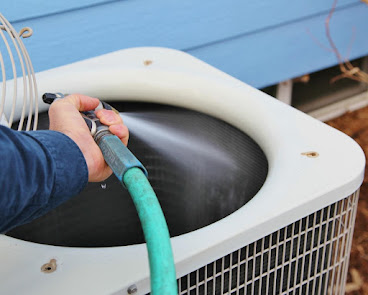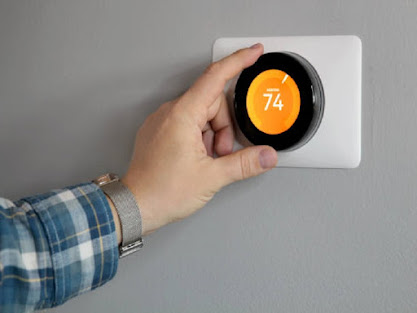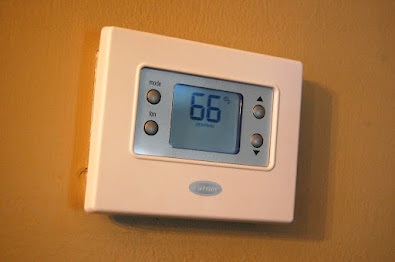Tips on how to prevent AC compressor failures
AC compressor failure is not something that we want to happen! However, when a compressor fails, it could cause damage to the entire system, including the HVAC system. If you are looking to prevent these types of issues, then here are some tips to help you avoid them.
The Ultimate Tips on how to prevent AC compressor failures
1. Change air conditioning filters regularly
2. Clean coils
Coils are the innermost components of the HVAC system. When they become clogged, it causes the fan blades to stop spinning and eventually cause permanent damage to the unit. To clean coils properly:
- Remove the access panel near where the refrigerant enters (it may be hidden behind a wall).
- Place a bucket under the panel and fill the bucket half full of water.
- Place the air conditioner on top of the bucket filled with warm water and allow it to soak overnight.
- After soaking, drain excess water, replace access panels, and start cooling down again. Repeat this procedure until no longer wet.
3. Check evaporator coil protection devices
If a unit uses thermal expansion valves, check them periodically for leaks. The valve regulates the amount of refrigerant going into the evaporator coil so that it doesn't freeze. Leaks could lead to compressor failure.
4. Clean condenser coils
Like the evaporator coil, the entire unit shuts down if the condenser coil gets clogged. You'll need to take apart the outside unit to reach the condenser coils. Remove screws holding the unit together, and then remove cover plates to access the sides of the condenser. Gently wipe away dirt and debris on the condenser fins using a soft cloth dampened with mineral spirits. Replace the covers and tighten the screws.
5. Maintain electric service
If your air conditioner runs continuously, you're running power somewhere else in your house. Electricians call these loads "shunts." Shunts are the culprits causing continuous electrical load on your A/C equipment. Call your local electrician to eliminate shunt loads and ensure enough capacity for future demands.
6. Look for the green light
If you're looking for trouble with your air-conditioning units, look for a steady indication of low refrigerant levels. If the red light goes out, there might be a problem. Refrigerant levels drop over time, but it's best to have them checked frequently to ensure proper operation.
7. Don't overload a circuit breaker
There is a chance that your air-conditioning unit might trip a breaker if you leave a circuit overload. First, ensure that the fuse box is clear of blown fuses and that the wiring is secure. Then, if necessary, contact an electrician to help locate the problem.
8. Keep fans circulating
If you notice your fans aren't working well or aren't moving much air, there might be some debris clogging up the fan blades. Use compressed air to blow out the dust and debris. If everything else fails, consider replacing your blower motor. It tends to wear out after ten years of usage, and it's easier to find a replacement than repair.
9. Seal ductwork. It only takes a small amount of moisture to begin rotting wood or plasterboard ductwork. Before winter sets in, seal all cracks and crevices in the ductwork. Once dry weather arrives, apply spackle to seams and joints. Once dried, sand and prime exposed surfaces.
10. Avoid excessive humidity
High humidity indoors increases demand on the HVAC system leading to greater energy consumption. Consider installing dehumidifiers to save money, improve comfort, and conserve natural resources.
11. Install a programmable thermostat
12. Protect pipes from freezing
Insulate pipes carrying coolants by wrapping them in insulation. Water pipes should be insulated with flexible tubing or Styrofoam insulation.
13. Watch out for condensation buildup
Condensation is a major contributor to mold and mildew growth. As a result, mold can seriously affect your health and the health of those around you. For example, mold spores travel easily through the air, so open doors, and windows when possible. Also, try to avoid keeping foods in the fridge for long periods.
14. Monitor electrical outlets
If you have a surge protector installed, monitor its output to ensure it's providing adequate protection. Surge protectors should have an indicator light that lights up when the device detects voltage spikes. If yours does not have one, install one yourself.
In conclusion, preventative maintenance is the key to avoiding compressor failures. In addition, regular inspections and repairs are key to ensuring your AC unit is running at its best and keeping you and your family comfortable all time!







Comments
Post a Comment